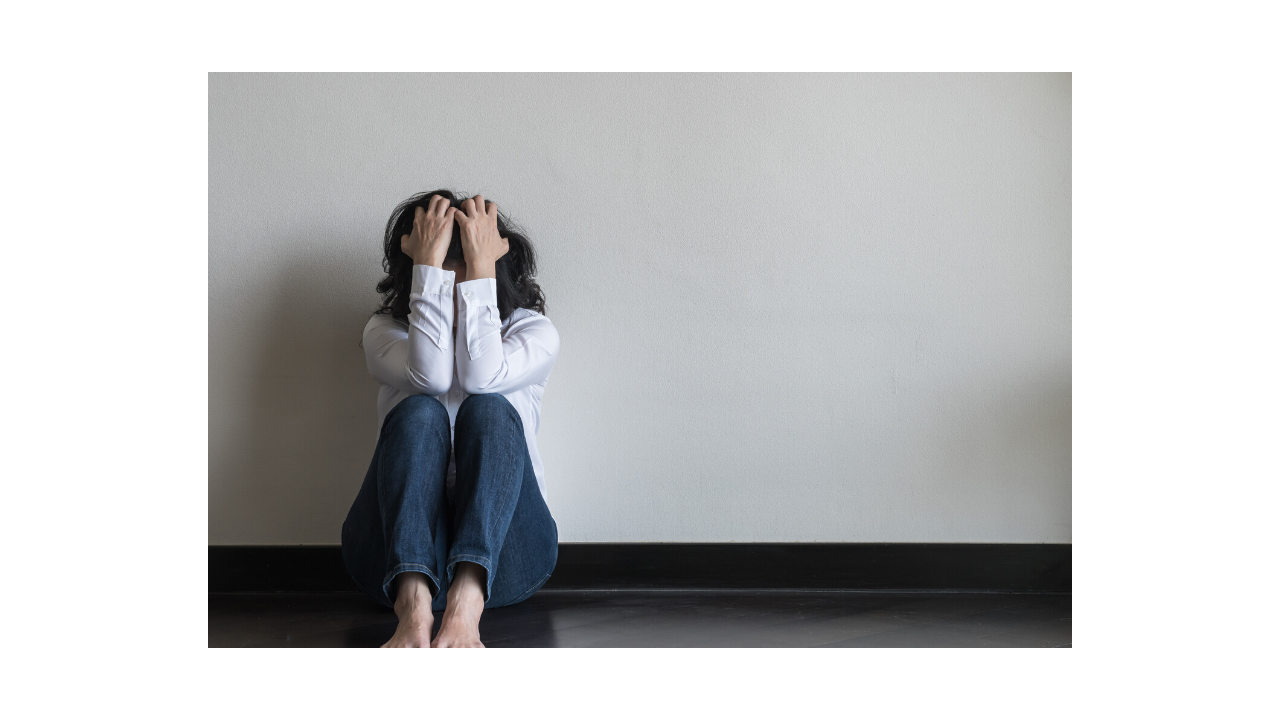by Olivia "Grace" Friedman April 20, 2020 | Former US Navy Aviation Medicine |American Bar Association Student Member | Legal Philanthropist | Law Fraternity Chapter Recruitment Chair | Author of "Year of the Woman: 2020 and Beyond"
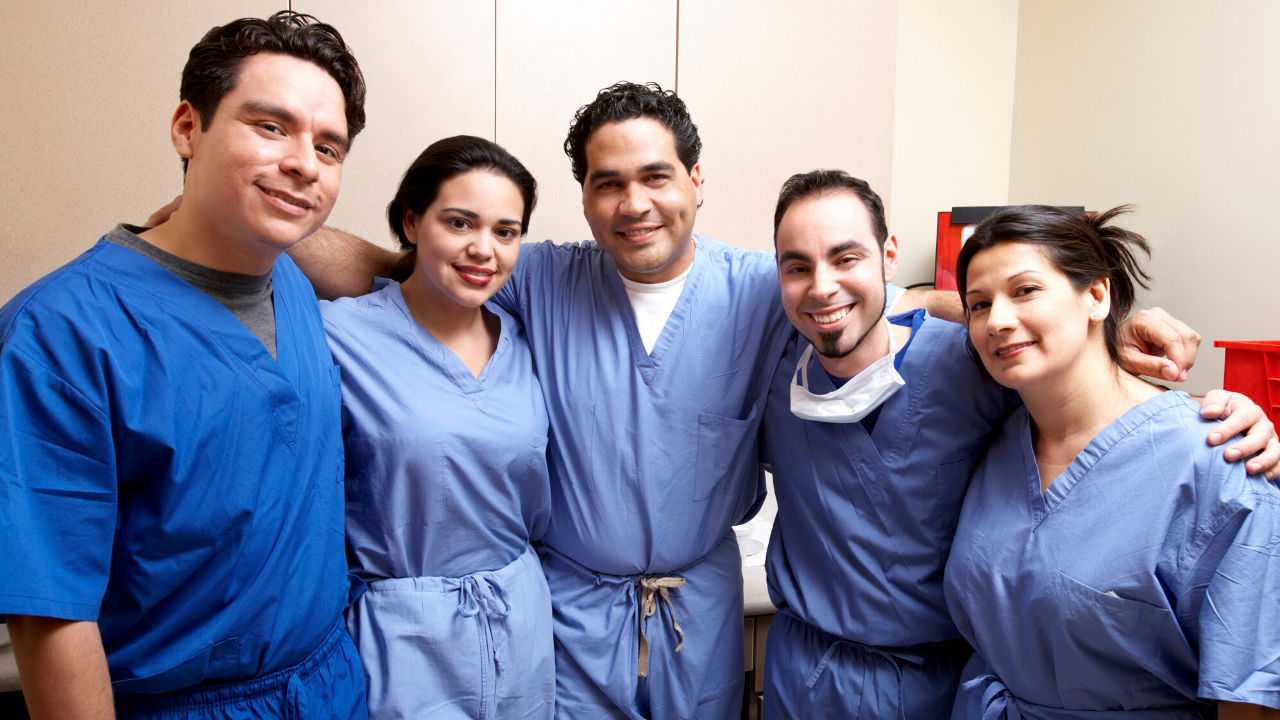
“As healthcare workers gave all they had and still do so, while politicians consider re-opening the country, are they begging for recurring, much longer-lasting consequences of depression, suicide, and constant uncertainty, world-wide, by acting too soon?” Time will tell, since PTSD, depression, suicide, and substance abuse, among healthcare workers and citizens alike are already “quietly”, on the rise.
Let us not forget that domestic violence, break-in’s and petty theft are also beginning to make regular appearances. So sure, we get it, we all want to re-open our country, yet the question is; “At what cost?” Especially, now that we know that healthcare workers and citizens are already today, barely holding on.
While we all prefer remain positive in such chaotic and saddening times, it’s also imperative that we take notice of the depression and sadness exhibited by healthcare professionals and everyday citizens across the globe, that is creeping into our lives in the wake of Covid-19. There is no denying it, since I know personally what it’s like to lose a patient, after you’ve done all you can for them, just before they code and you’re unable to revive them, even with an entire team helping. I don’t believe there’s any worse feeling in a workplace setting. You cannot help getting to know the residents in hospice.
Good examples as to why include, hugging them, listening to their jokes, watching Casa Blanca and listening to golden oldies and classical music with them. Then before we know it, we’re attached, and eventually they pass away, and it’s very painful for everyone. Of course, hospice you can understand, yet imagine young people, and the mental demeanor of fellow nurses and doctors, with lives passing right through one another’s hands today with Covid-19.
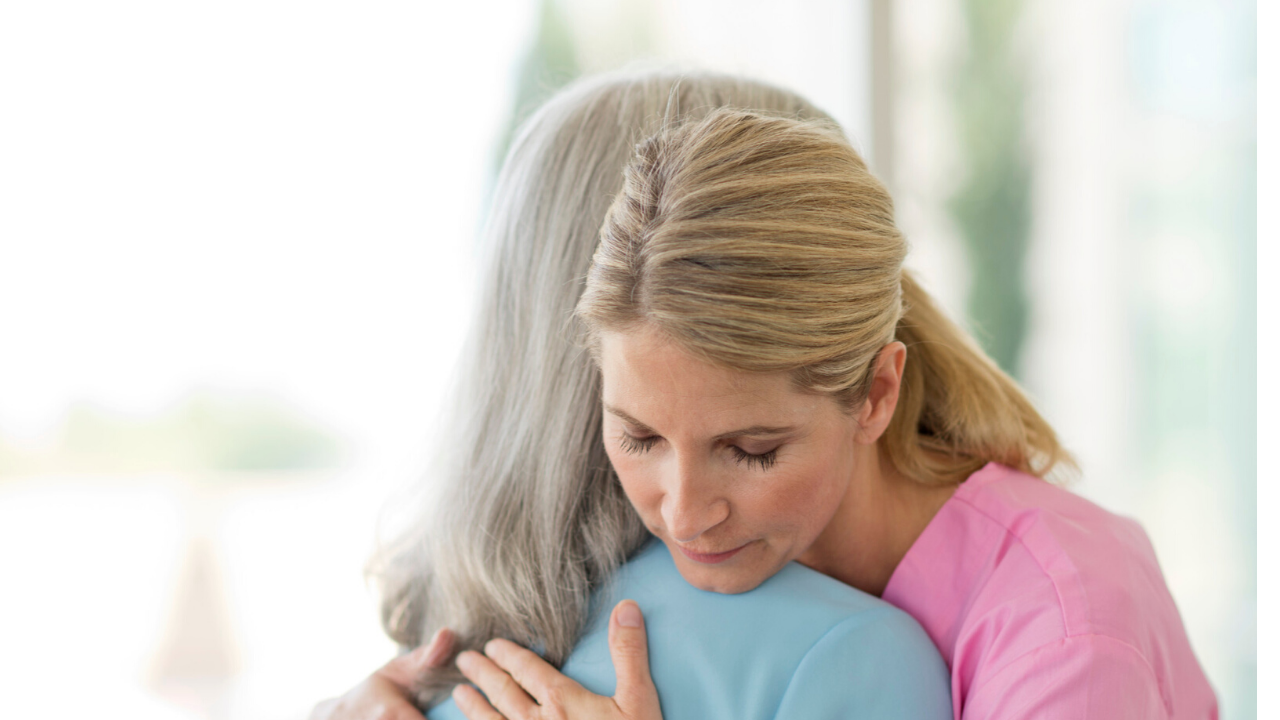
It definitely makes you study harder as a student, given the importance of one truly knowing their area of expertise in medical; thus affirming that you accept that your craft, saves lives. On the other hand, that sunken, helpless, deep seated feeling that develops very shortly thereafter in the center of your heart and stomach, because you could not pull a miracle out of your purse or pocket, to save someone, and let them live another day… Well, let’s just say it’s feeling you never want to to experience – that’s for sure. As for those who lost someone they love to this invisible villain Coronavirus, my sincere condolences.
DNR or Do Not Resuscitate orders can sometime seem horrible if you’ve been hearing about them in the news, in that we work in the field to ensure the safety, well-being, and longevity of our patients. Or at least, that is what I believe the goal is across the board, and to clearly; “Do no harm.”
However, there are several reasons why a family may have chosen to set DNR orders in motion. The primary reason in my 25-30 years experience in the medical field including the United States Navy being, that their loved one is not breathing or otherwise are not functioning on their own, and possibly have not been for some time. The medical costs mount quickly and exponentially, back when insurances had caps. Some families quite simply run out of funding resources. Of course it’s normal to want to hang on a while, to ensure they have the proper attention and care should they, come around.
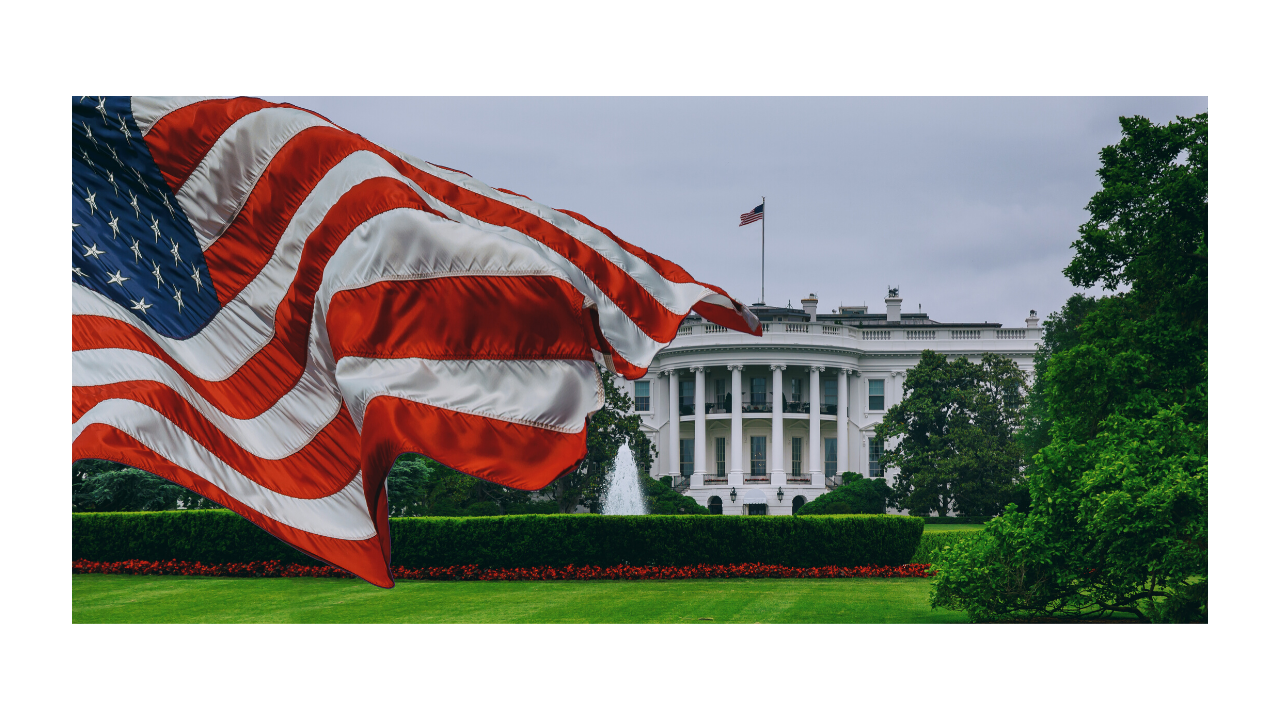
Today, given new legislation we are blessed to have Coronavirus related physical illness in the hospitals covered. Yet mental health I am awaiting word on. Most often than not, they expire before they thrive. This is simply a fact of life, yet it doesn’t make it any less sad – for anyone involved. Other times include triage priorities, who lives and who dies. This is where elder and critically ill may not receive the attention they need, and are usually lower on the list of priorities when resources are so low.
“One in four people are affected by mental health disorders.” according to the World Health Organization.”
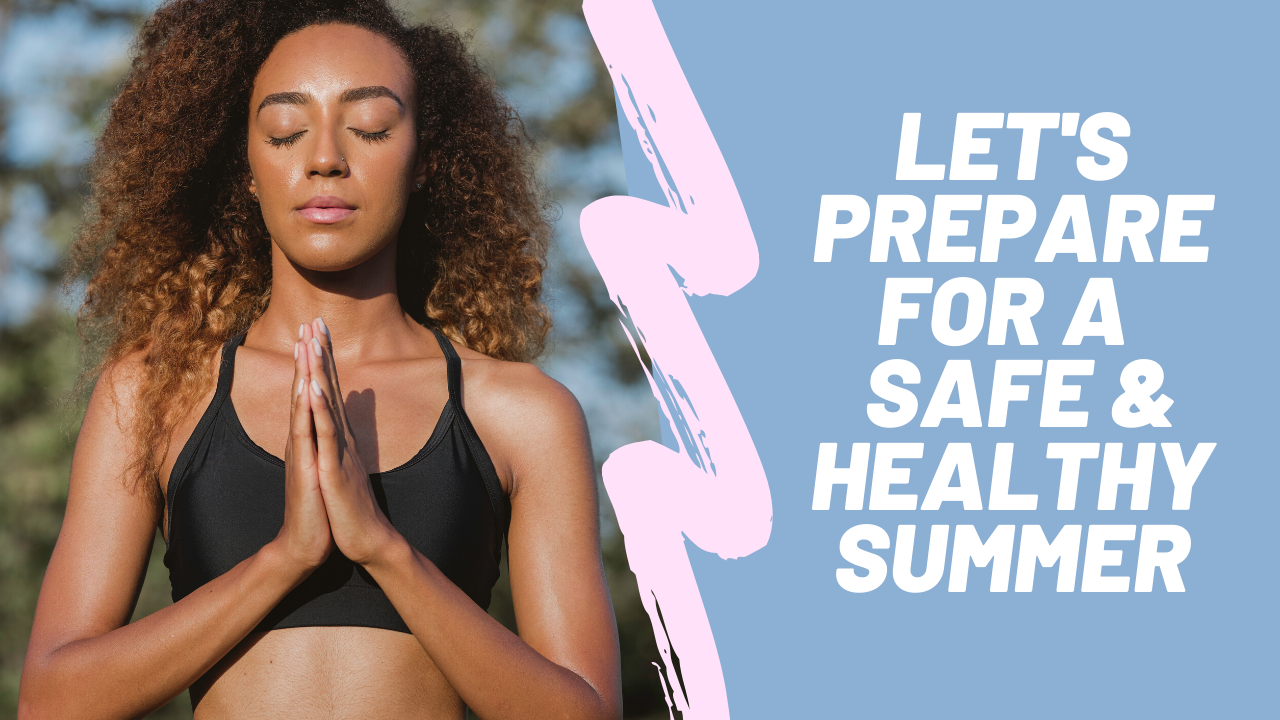
Yet when it comes to our mental health in America and around the world, researchers have already begun to set off the alarm regarding the elephant in the room, pointing out the connection between mental health deterioration and the crisis. I have personally watched healthcare workers as they carry on, with sad looks on their faces, if not looks of total despair. Yet clearly, this results in depression and of course we want to address this potential pandemic next. In fact, a brand new report in JAMA Internal Medicine refers to this very same likelihood; where the writers of this report are already expecting an “excess and steady increase of mental illness that will sweep the country, if not the entire world” where Covid-19 has wreaked havoc, leaving behind a trail of memories, some good, many bad.
It is said that 911 was behind the rash of depression to the tune of 6-10%, and that these numbers emerged within 30-90 days post 911. We are already seeing New Yorker’s increasing their alcohol purchasing a well as a few other states hardest hit by Covid-19. Therefore, we may also want to look into preventive measures for suicide, since we also know alcohol is a depressant.
The need for suicide prevention should be a no-brainer for us all at this point. Especially now that we have begun to see the videos of personal accounts of the horror within the ICU’s and in some cases, the hallways of public hospitals from the nurses and other medical staff themselves, whereas people are dying left and right. Of course, I drafted this article a week ago. Now, we’re finally beginning to see signs of relief, which is encouraging, yet not encouraging enough to open back up completely.
“Then again, I believe it may be short-lived, in that a few of our State governors have tied the hands of city mayors with regard to issuing a mandate for their respective cities, toward people sheltering in place. I am positive this will change as the stress and toll on these leaders relaxes within the coming days or weeks.”
Olivia “Grace”, April 20, 2020
This makes it all too clear that we may be a train headed for a derailment and consequential wreck, with regard to the progress we have made with the number of people not leaving the hospital after contracting the virus. I also suspect a resurgence of this invisible enemy between Fall and Winder 2020, provided we do not take heed now and put in place measures that best protect us all from one another, until it it safe to go back to a somewhat normal life.
Even so much as the thought however frightening, that Covid-19 would make a second appearance during flu season is almost unthinkable in the minds of most. Yet remembering my studies, the likelihood is higher than one may expect. Yet to keep it simple since I am not a medical doctor yet graduated medical lab school and aced virology, we will remain optimistic, yet also take proper precautions.
Yet to realize, that a mental health crisis or pandemic may also become part of our reality, within the very near future; unless we are proactive, is key to all. We lost so many in the first round of the war with Covid-19, and are now just beginning to see signs of recovery. “Yet to celebrate too soon could prove fatal.”
Please show your neighbors and strangers how much you care by wearing a mask or bandanna to cover your mouth. gloves for your hands, and keep in mind the importance of safe distancing. Six feet is what is recommended.
Let’s make positive impact. Let us look after one another as best we can. We shall overcome, even if it means we must adhere to daily practices one might fancy to call, our “New Norm.”
"I believe and agree that a mental health pandemic or crisis as a result of massive depression and suicides in the wake of the weakening spread of Coronavirus, is the last thing she wants to see or even talk about. On the other hand, we can't just bury our heads in the sand either! However - I can see clearly, that it will likely become the next health crisis."
"If we do not act now, we may regret it as we may lose the very people we need the most in our everyday lives, family, friends, daughters, sons, spouses, co-workers."
All photo credited to CNV Photo Bank


